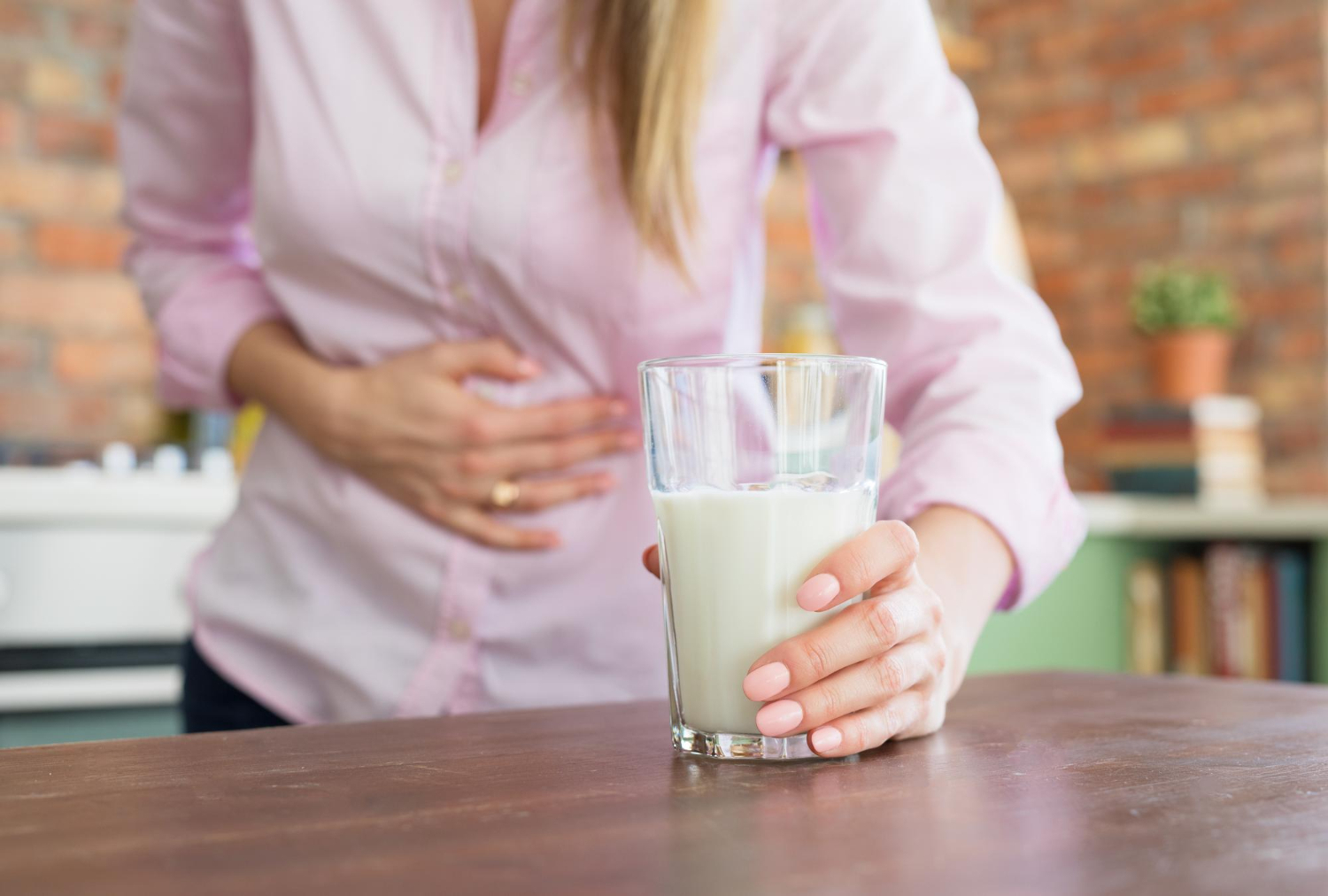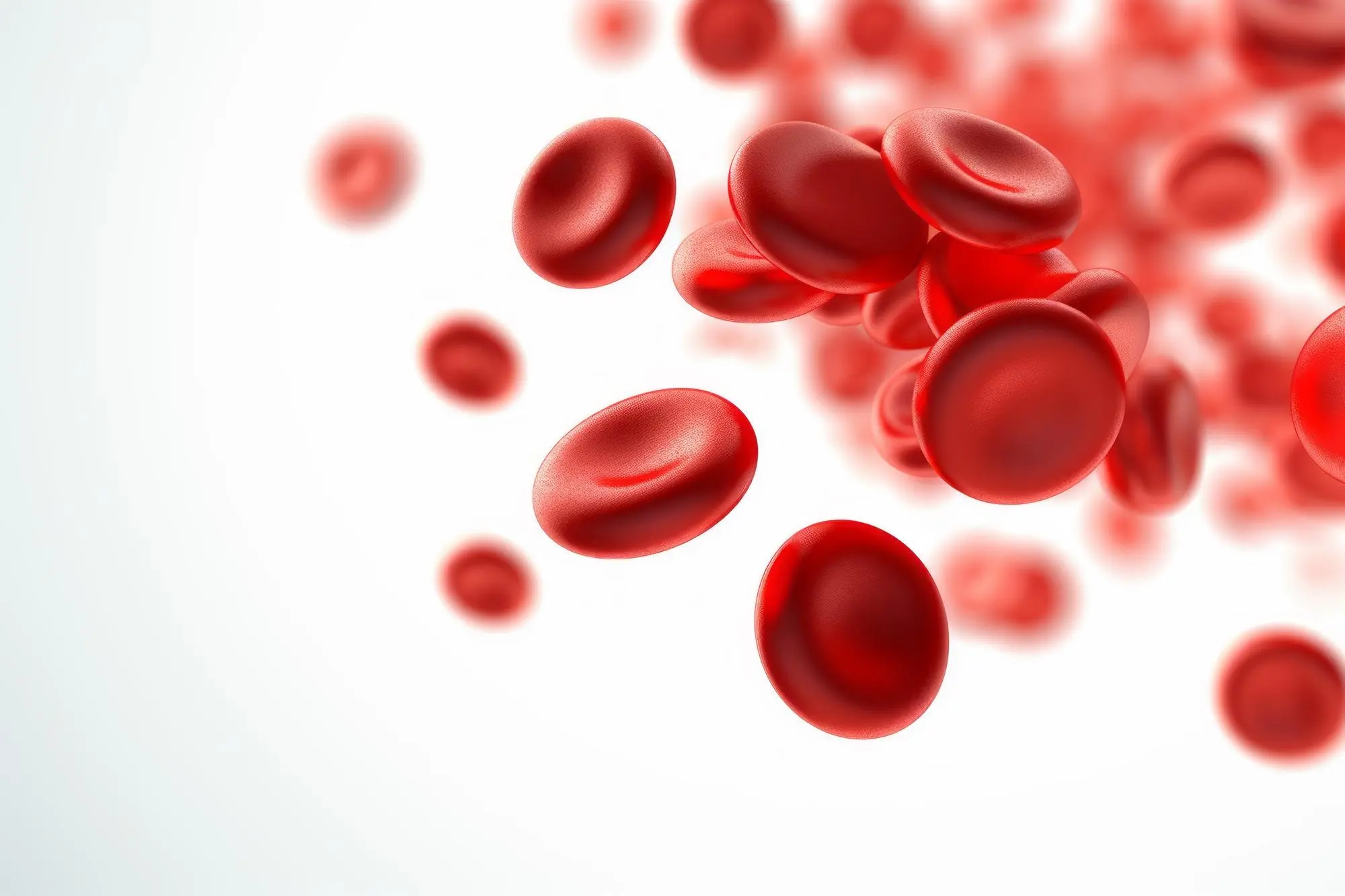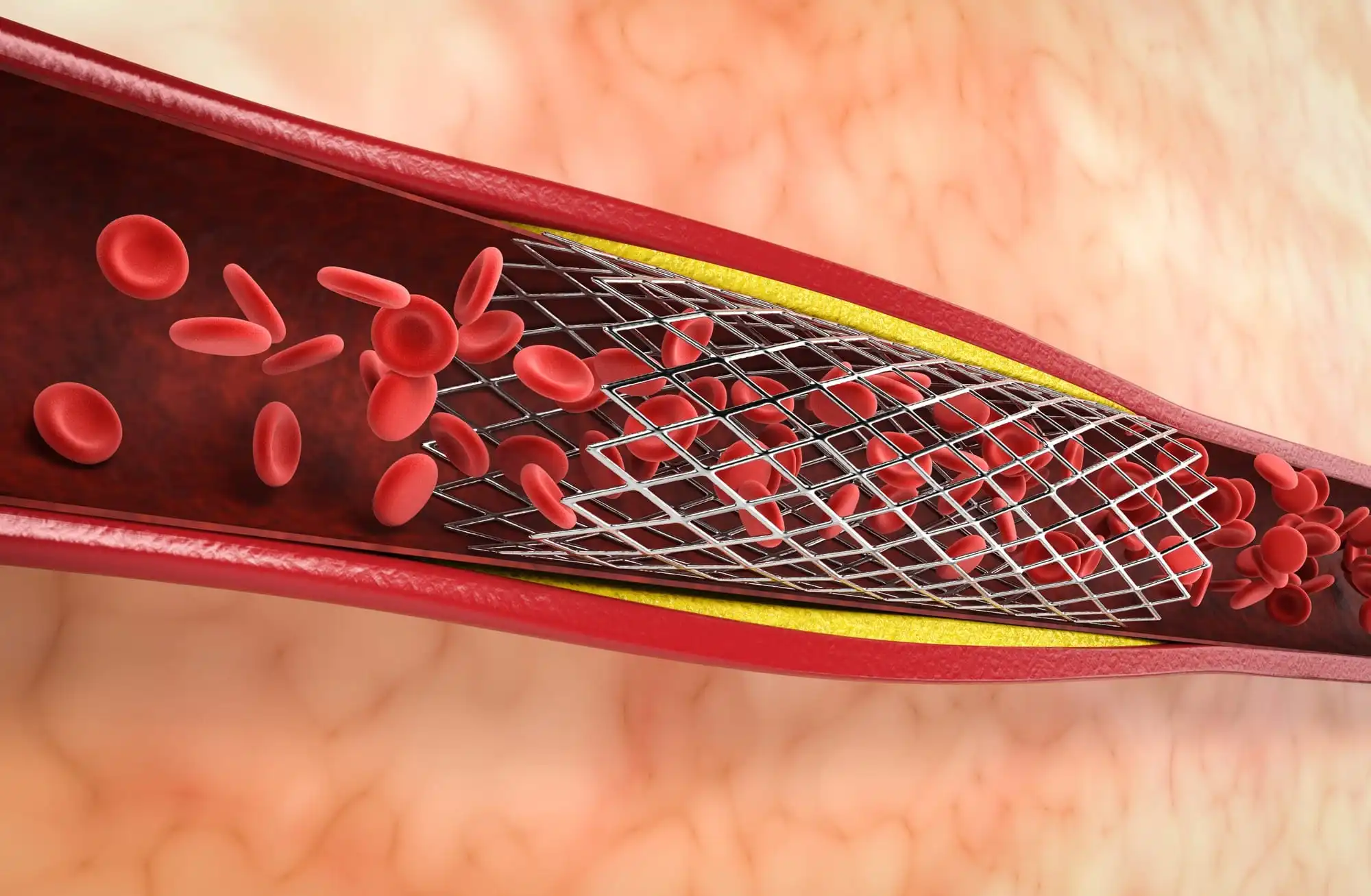Have you ever found yourself in a battle with the dreaded discomfort of acidity? You know how it works- that burning sensation crawling up your chest, the sour taste in your mouth, and the never-ending unease that threatens to ruin your day. If you’re nodding in agreement, you’re definitely not alone. In India, the prevalence of Gastroesophageal Reflux Disease (GERD) ranges from a significant 7.6% to a staggering 30%. That’s a substantial chunk of the population grappling with the pesky issue of acidity.
But fret not, because we’re about to delve into a remedy that’s been handed down through generations: milk. Yes, that unassuming glass of milk quietly sitting in your fridge might just be the secret weapon to soothe your acidity troubles. In this article, we’re going to figure out whether milk is a true friend or a sneaky foe when it comes to dealing with this uncomfortable condition.
Is Milk Good for Acidity?
Have you ever wondered if sipping on a glass of milk can soothe that pesky acid reflux? Well, it turns out the answer isn’t as straightforward as we might think.
You might have heard that a glass of milk can work wonders for acid reflux and heartburn. The idea is that milk can temporarily soothe these uncomfortable symptoms by neutralizing stomach acid.
Milk boasts some noteworthy qualities. It’s packed with protein, with about 8 grams in a single cup. Interestingly, a study involving 217 heartburn sufferers discovered that those who consumed more protein tended to experience fewer symptoms. Additionally, milk is a rich source of calcium, offering 21–23% of your Daily Value (DV) in a one-cup serving, depending on whether it’s whole or low-fat. Some believe this calcium content makes milk a natural remedy for heartburn. In fact, a study involving 11,690 individuals found that a high intake of dietary calcium was linked to a reduced risk of reflux in men.
But before you start chugging milk as your go-to acidity solution, it’s essential to understand that it’s a temporary fix, not a permanent remedy.
Can Milk Make Acidity Worse?
Surprisingly, milk isn’t always the go-to choice for those dealing with acidity issues. In some cases, it can make matters worse. Why? Well, milk contains fat and proteins, which can stimulate the production of stomach acid, intensifying acidity symptoms. This effect is especially pronounced if you opt for whole milk, which packs a higher fat content.
For those who are lactose intolerant, milk can trigger additional digestive issues on top of acidity woes.
Another concern is acid reflux. This occurs when stomach acid flows back up into the esophagus, causing that telltale burning sensation in the chest and throat. Drinking milk can stimulate the production of stomach acid, potentially leading to acid reflux and worsening acidity symptoms.
In fact, a study published in “Gastroenterology” in 2005 found that milk didn’t provide significant relief from acidity symptoms in individuals with gastroesophageal reflux disease (GERD). The study, which included 100 GERD patients, randomly assigned them to drink either milk or water. Surprisingly, the milk drinkers didn’t fare any better than the water drinkers in terms of symptom relief.
Exploring Alternative Solutions
So, if milk isn’t always the knight in shining armor, what can you do to tackle acidity?
Firstly, identifying what’s triggering your symptoms is key. Avoiding those triggers is a good place to start. You might also want to explore other home remedies, such as ginger, chamomile tea, or peppermint tea.
Lifestyle changes are crucial in managing acidity. Here are some tips that might help:
Watch Your Weight: Excess weight can put pressure on your stomach, leading to reflux. Maintaining a healthy weight can alleviate this.
Don’t Lie Down Immediately After Eating: Waiting at least three hours before reclining can prevent stomach contents from flowing back into your esophagus.
Elevate the Head of Your Bed: Sleeping with your upper body at a slight incline can reduce nighttime reflux.
Quit Smoking: Nicotine weakens the muscle that controls the valve between your stomach and esophagus, so kicking the habit can be beneficial.
Reduce Stomach Pressure: Wearing loose-fitting clothes, eating smaller meals, and maintaining a healthy weight can all help reduce pressure on your stomach.
Explore Acid-Fighting Foods: Consider incorporating foods like Ajwain, apple cider vinegar, basil leaves, and saunf into your diet; they might offer relief from acidity.





